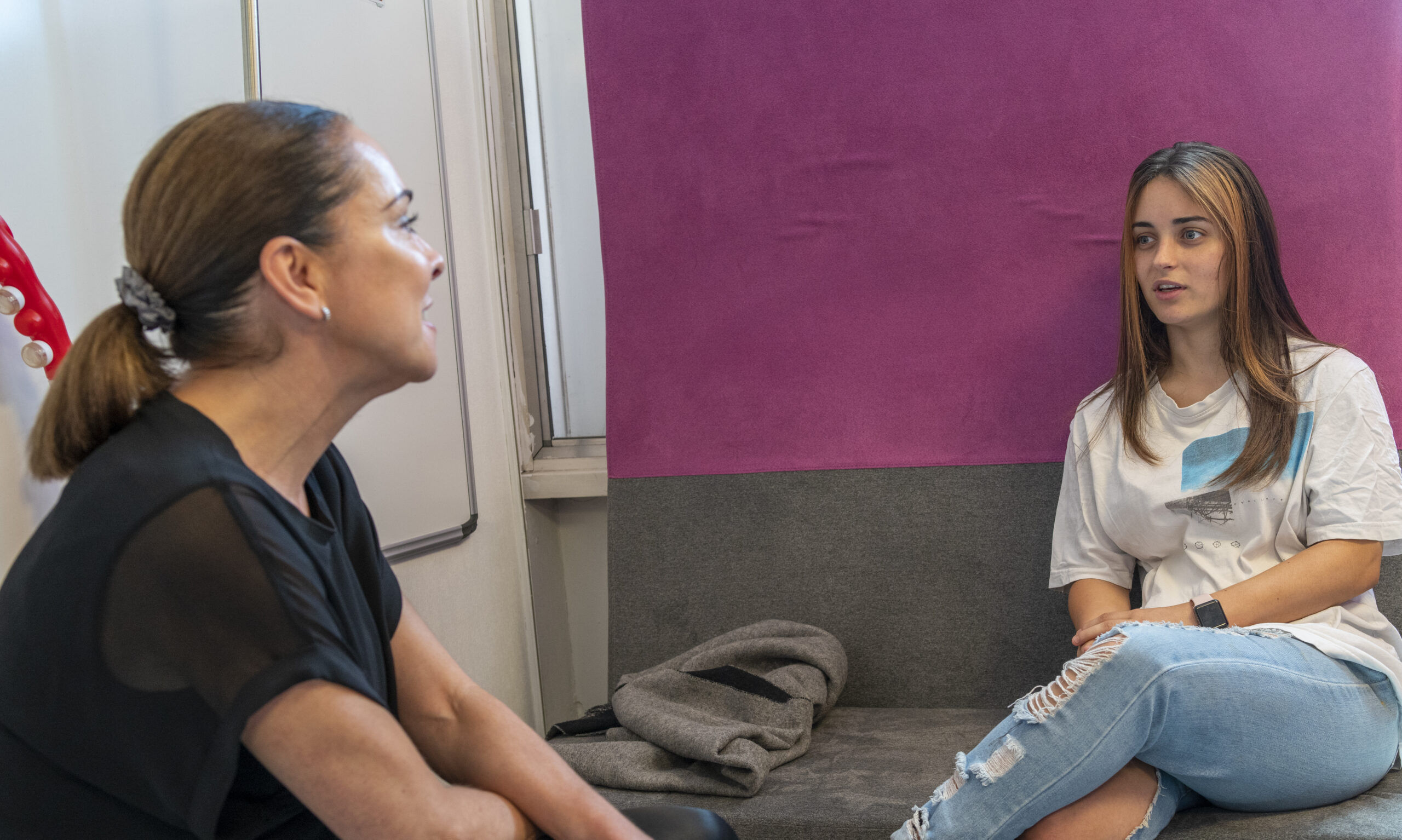
“Don’t punish the behaviour. Explore the feelings behind the behaviour. Because kids don’t just kick off at nothing. Nobody does, really.”
Care-experienced young people are at much higher risk of being criminalised, including through being reported missing more than their peers. It’s vital that we understand why this happens, and how to prevent it, to ensure a fairer future for everyone who enters the care system.
Missing People were commissioned in partnership with Llamau and consultant Claire Sands to develop a toolkit for professionals in Wales to support their role in preventing criminalisation. This was funded by the Children’s Commissioning Consortium Cymru (4Cs) as part of the publication of the All Wales Protocol: reducing the criminalisation of care experienced children and young adults.
We know the most important voices to hear when developing tools for professionals are those of young people who are care-experienced themselves. This summer we heard from more than 65 of these young people who shared their views with us on how children in the care system become criminalised, and how we as professionals can work to prevent it. The full report is available here.
Young people told us about their experiences of being reported missing; of having the police called for minor incidents; and of being treated unfairly by the professionals around them. They also told us of the long-term impacts that this early criminalisation can have for some.
“Try and relate and understand. Don’t go full pelt, because that’s gonna make the child scared to come back. Then he’s gonna cause another escalation… So the scenario could have been dealt with a lot calmer in a different way. So just try and give a little bit of ‘give and take’ as well sort of thing. Everyone runs a few minutes late.”
“I was having issues at home and run away and they were really horrible to me and dragged me back without asking my reasons for going.”
“OK, there’s young people… they’re just struggling now as adults and can’t get jobs because they’ve had criminal records for things they’ve done in care, like smashing cups or breaking washing machines or like adolescent behaviour.”
The young people who spoke to us were clear about what needs to change. They talked about the need for trauma-informed responses, with professionals who really listen to the young people in their care, and take action to meet their needs.
They spoke about setting young people up to succeed, rather than assuming the worst; and many spoke about the need to empower care-experienced children – giving them control over their own situation.
“It’s just understanding the minds of each young person because everybody’s different… That’s my main thing is just get to know them, work with them, listen to them and let them help you support them.”
“Children bounce around and it affects their behaviour, they do not have the support they need to keep them out of crime, crime can be a way of them to express that they need the help.”
“OK, so how can we teach them to manage that behaviour? Because OK, you can’t just start throwing things if somebody has annoyed you. OK, so how do you know when you’re getting annoyed? What can you do before you get to that explosive? How to manage their 21 behaviours, but remember, not everybody manages everything the exact same way either. It’s about tailoring the support to each young person.”
The full report detailing what young people told us is available here, and the toolkit for professionals in Wales is here.
We would like to say a huge thank you to the organisations that helped us to speak to young people including Voices from Care Cyrmu and NYAS, and most importantly we’d like to thank all the young people who so generously gave their views.
Sign up for emails highlighting missing appeals, information on how to share the appeals, and more information about our work. It is free to join and you can unsubscribe at any time. Find out more.